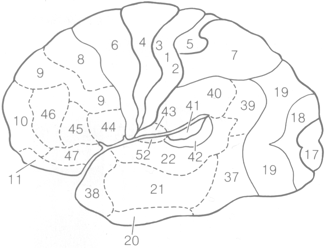Neuropsychology & Behavioural Neurology
Multiple Sclerosis (current projects)
We are currently working on multiple projects aiming at improving MS diagnostics and treatment and ultimately the patients’ quality of life:
- Development of a neuropsychometric screening-tool for children and adolescents with Multiple Sclerosis (MUSICADO) – in collaboration with Prof. Dr. J. Kessler, Prof. Dr. E. Kalbe (University of Cologne), Prof. Dr. V. Mall, PD Dr. K. Storm, PD Dr. A. Blascheck (University of Munich).
- Standardization and validation of a self-assessment questionnaire for the detection of social, cognitive, emotional and physical deficiencies in patients with MS.
- Understanding adherence in MS: The relationship between patient and nurse.
- Validation of a short-form memory assessment in patients with depression – in collaboration with Prof. Dr. G. Hasler (University of Bern).
- The relationship between disability, physical activity and affective disturbances in MS.
Quality of Life and Cognition in Multiple Sclerosis (recent project)
We recently worked on a nationwide survey on perceived quality of life and cognition in patients with MS. This study is part of a longitudinal research project and was conducted in 16 European countries. The DBN investigated the relationship between perceived quality of life, clinical disease course, disease severity and social support in patients with MS. The outcomes underline the importance of disease characteristics as well as of social support and promote a multi-facetted treatment approach to ensure good quality of life in MS patients.
Effects of Neurofeedback on Cognition in Parkinson’s Disease (current project)
In collaboration with the Neurophysiology Department of the University Hospital the DNB is conducting a research project with Parkinson patients employing neurofeedback interventions. The aim of this project is to explore the effects of neurofeedback techniques on cognition in Parkinson patients. It is proposed that neurofeedback elevates and therefore leads to improvements in cognition.
Longitudinal Study in Parkinson`s Disease (current project)
The present project proposes an interdisciplinary longitudinal study of PD patients without dementia including a subgroup of PD patients undergoing Deep Brain Stimulation. The experimental design includes clinical, neuropsychological, QEEG and genotyping data collection at baseline, as well as clinical, neurophysiological and neuropsychological follow-up at 3, 4 and 5 years after the baseline. Statistics will focus on the best combination of biomarkers and neuropsychological variables for early risk assessment of PD dementia.
